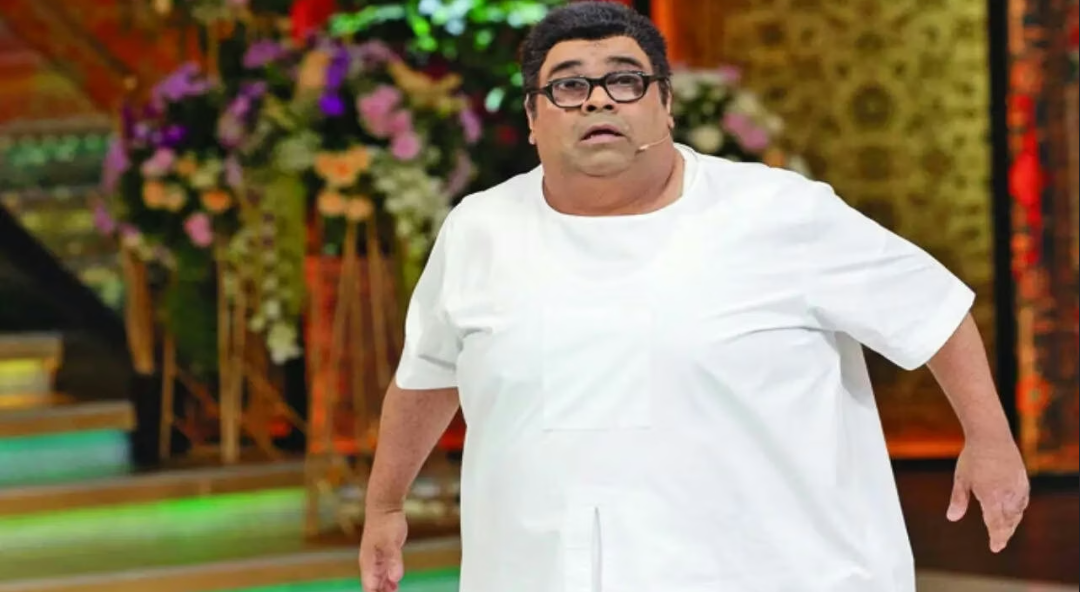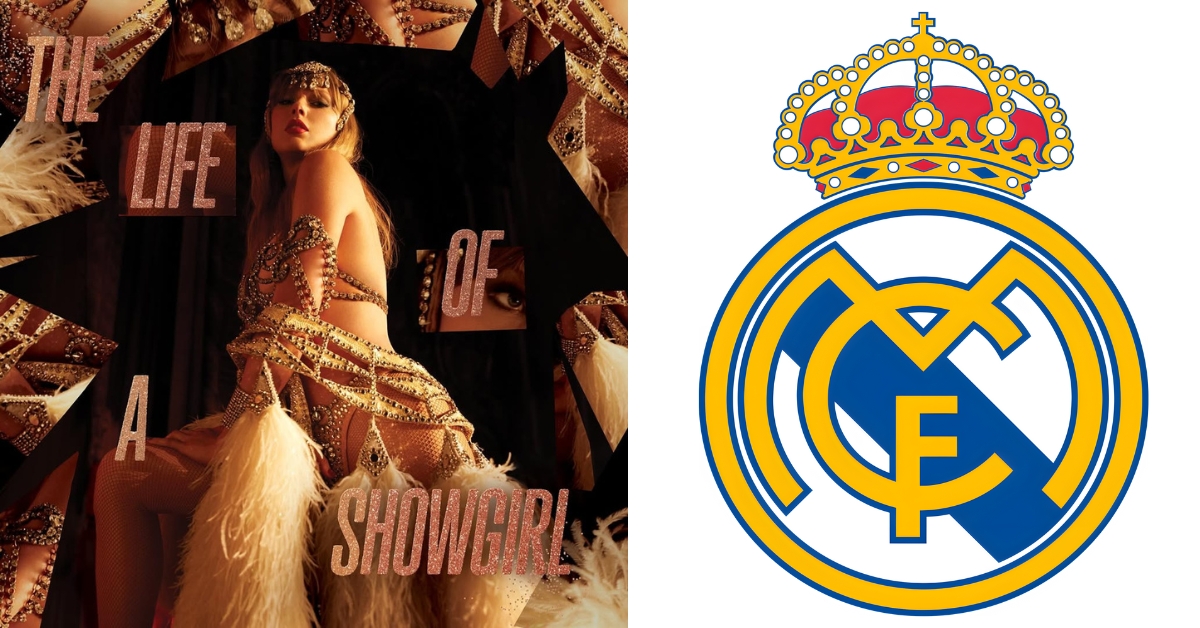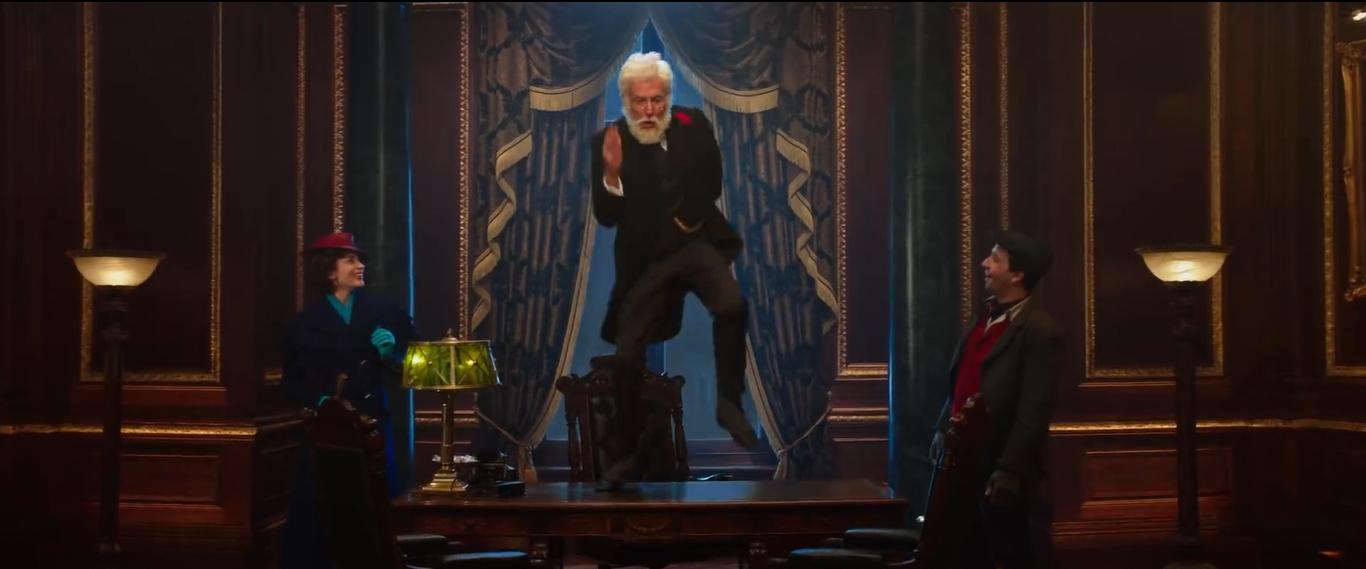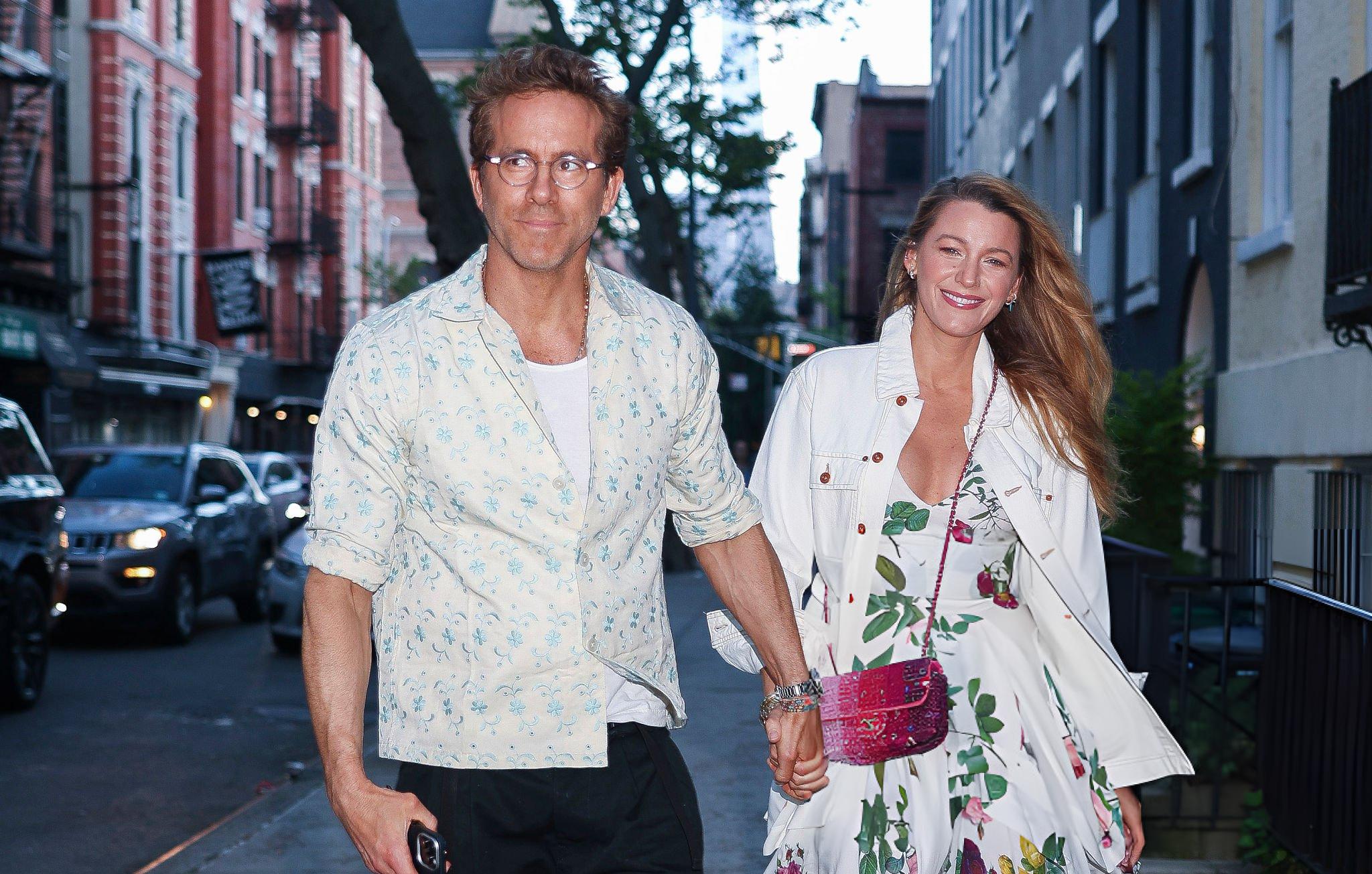Firoz A. Nadiadwala has sent a Rs 25 crore legal notice to Netflix and The Great Indian Kapil Show, accusing them of using Hera Pheri’s beloved Baburao character without permission during a recent sketch by comedian Kiku Sharda, and demanding an apology, takedown, and compensation on tight deadlines.
What the notice alleges and demands
According to the producer’s team, the skit infringes copyright under Section 51 and violates exclusive rights under Section 14 of the Copyright Act, 1957, while also breaching trademark protections under Section 29 because Baburao is allegedly a registered mark owned by the Nadiadwala family.
The notice asks Netflix and the show’s makers to remove the segment from their platform, social media, and third party channels, issue a written undertaking against future use, apologise within 24 hours, and pay Rs 25 crore within two days or face civil and criminal action.
The legal communication details immediate steps, cease exhibition or distribution of the content in any form, pull it down across all outlets, and provide a formal assurance that the character will not be used again without authorisation.
It further warns that if the monetary and apology timelines are missed, proceedings will be initiated against those involved under the cited statutes, raising the stakes for both the platform and the production team.
Also Read: Owen Cooper becomes youngest male actor to win Emmy at just 15
Why the sketch sparked a legal fight
The dispute stems from a sketch in which Kiku Sharda appeared as Baburao Ganpatrao Apte, the iconic role originated by Paresh Rawal in Hera Pheri and Phir Hera Pheri, during an episode tied to the show’s finale week featuring Akshay Kumar.
Nadiadwala’s side argues the performance exploited a protected character identity for commercial gain without consent, shifting what fans might view as parody into infringement due to the character’s distinctiveness and registered status.
Timing has magnified the controversy, with the episode set as part of the season’s closing run, ensuring higher visibility and potential commercial impact from the portrayal. That context, the notice suggests, strengthens the claim that the act capitalised on goodwill around a well known franchise and a recognisable persona linked to ongoing film plans and branding.
Statements from the producer’s side
Calling Baburao the soul of Hera Pheri, Nadiadwala said no one can misuse the character for profit without permission and emphasised preserving creative legacy over commercial exploitation. Advocate Sana Raees Khan described the act as blatant theft for commercial gain and pledged to pursue the case with full legal force if the notice’s demands are not met within the stipulated timeframe.
The producer’s statement credits Paresh Rawal’s performance with shaping the character’s enduring appeal, arguing that such equity cannot be treated as a free commodity in the name of comedy or tribute. The legal team frames the matter as a clear cut rights issue rather than a creative grey area, citing both copyright and trademark provisions.
Also Read: “One Battle After Another” sparks early Oscar buzz for DiCaprio
What it means and what is next
For Netflix and the show, the notice arrives as the season wraps with Akshay Kumar, raising broader questions about licensing, parody, and vetting of character based sketches in mainstream comedy formats. The outcome could influence how Indian entertainment navigates tributes and impressions tied to active franchises and registered intellectual property, potentially drawing a clearer line between homage and infringement.
If the takedown and apology demands are met, the dispute may end without a courtroom battle, if not, the producer’s side indicates readiness to escalate with civil and criminal proceedings under the cited statutes.




